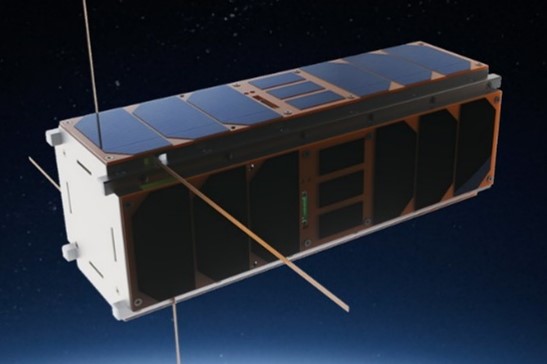
July 13th. The AstroBio CubeSat (ABCS) is a 3U cubesat minisatellite that was launched on July 13th 2022 from the Kourou Space Center in French Guiana with the inaugural Vega-C qualification flight within the LARES-2 launch program. ABCS will be released in an approximately circular orbit at a height of 5900 km and 70 ° inclination within the inner Van Allen belt. The mission aims to evaluate the overall functionality of the system in an extremely difficult environment of the Van Allen belts characterized by an intense irradiation of charged particles of solar origin. The project is led by INAF-Arcetri Astrophysical Observatory with the collaboration of School of Aerospace Engineer of the La Sapienza University, Chemistry Department of the University of Bologna and Kayser Italia under the supervision of the Italian Space Agency.
ABCS hosts a miniaturized laboratory based on an innovative Lab-on-Chip technology capable of autonomously performing bioanalytical experiments in space with a series of potential applications in astrobiological planetary exploration missions. A pump system developed by Kayser Italia delivers liquid solvents that dissolve the reagents and trigger biochemical reactions that lead to the emission of chemiluminescence light detected by an array of amorphous silicon photodiodes integrated on the Lab-on-Chip. The validation of the Lab-on-Chip technology in such a special orbit represents a significant breakthrough for the autonomous execution of bioanalytical experiments in space with applications both in planetary exploration capable of detecting the possible presence of life on planetary surfaces, and in the assistance health of astronauts, or in the environmental monitoring of space housing structures.